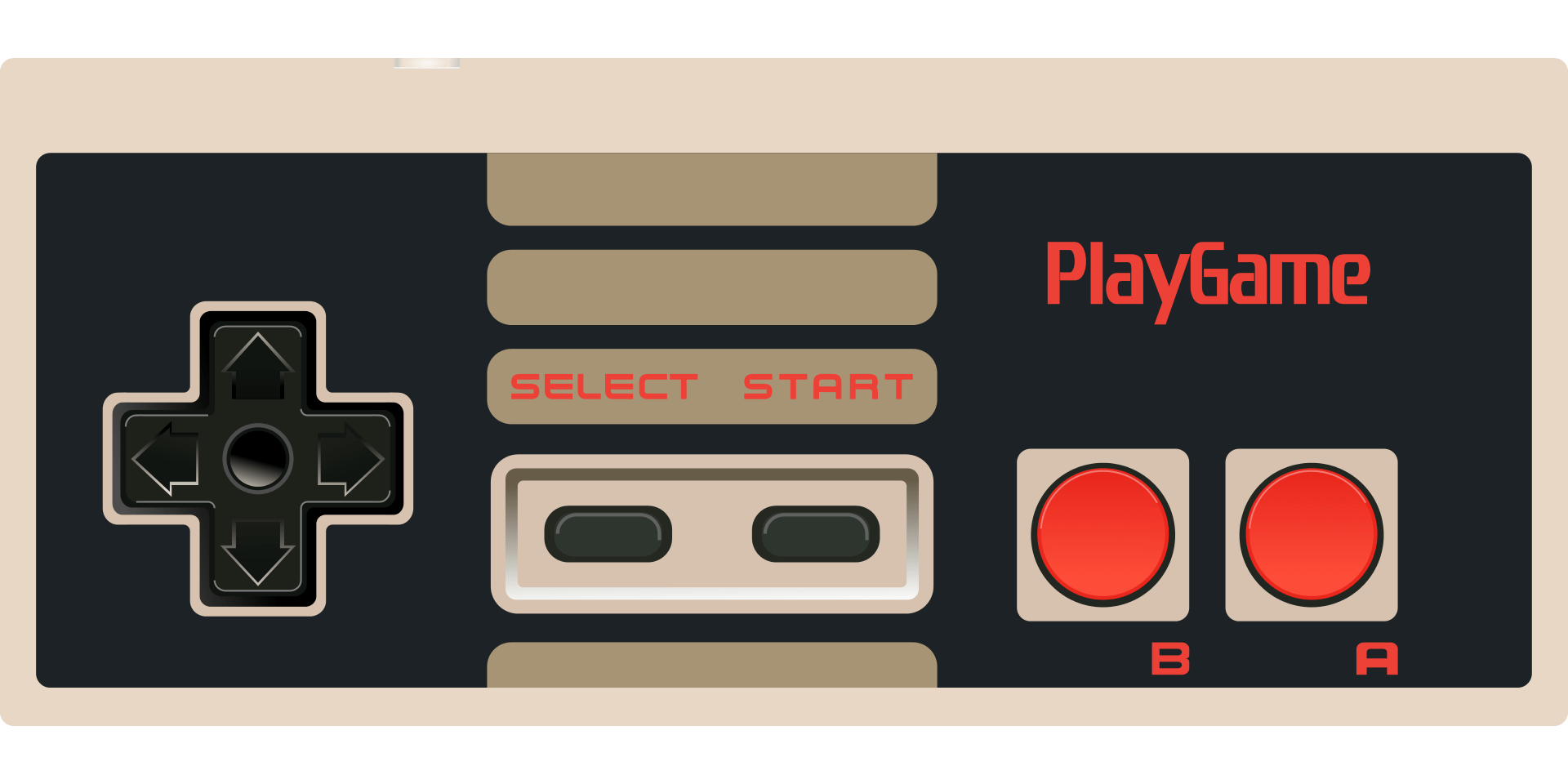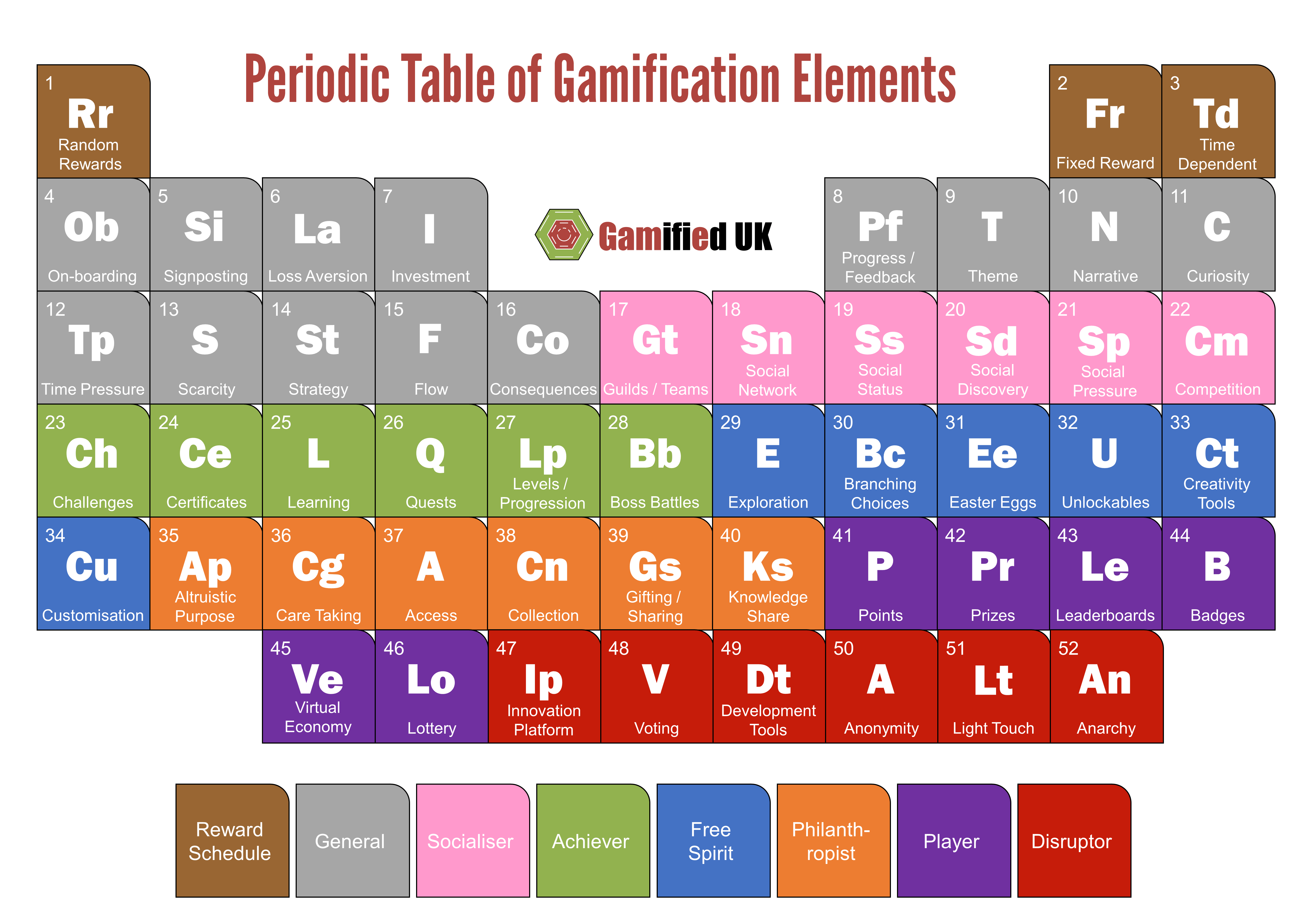Over the year my opinion on the need to love games to be a good gamification designer has fluctuated. In the early days, I was more flexible on the idea. It was all about psychology in a nearly pure form, understand behaviour and use that understanding to encourage the behaviours that you want. The “game” aspect was less important as gamification is not making games!
However, as I work on more and more projects it becomes clear that this is rubbish. Anything beyond the most simple of applications of gamification needs a solid understanding of games. It is not necessary to be a games designer as such, but having a good idea of what makes games work is an essential. If I was not a gamer, I would not be able to do my job at this level! I would have no inspiration for a start. After that, I would have no idea what worked and why. Finally, I would not have the love of play that is so desperately needed in good gamification implementations.





